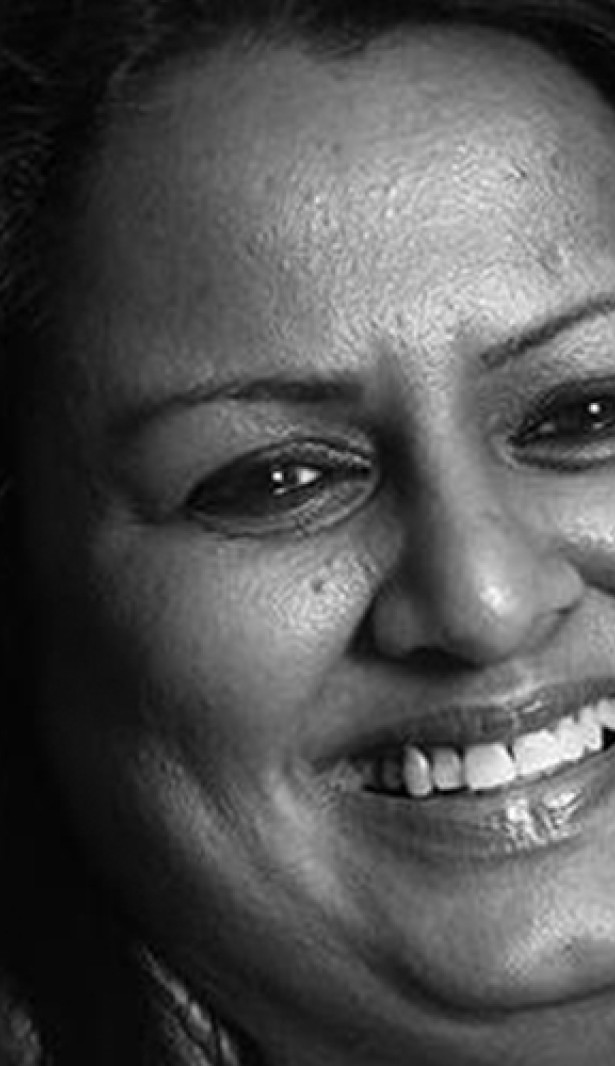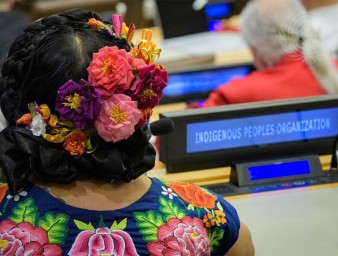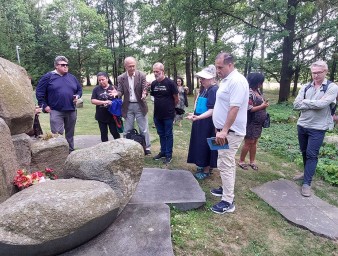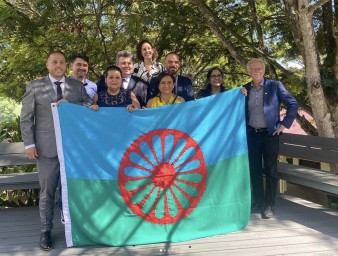The Dalit: Born into a life of discrimination and stigma
19 April 2021
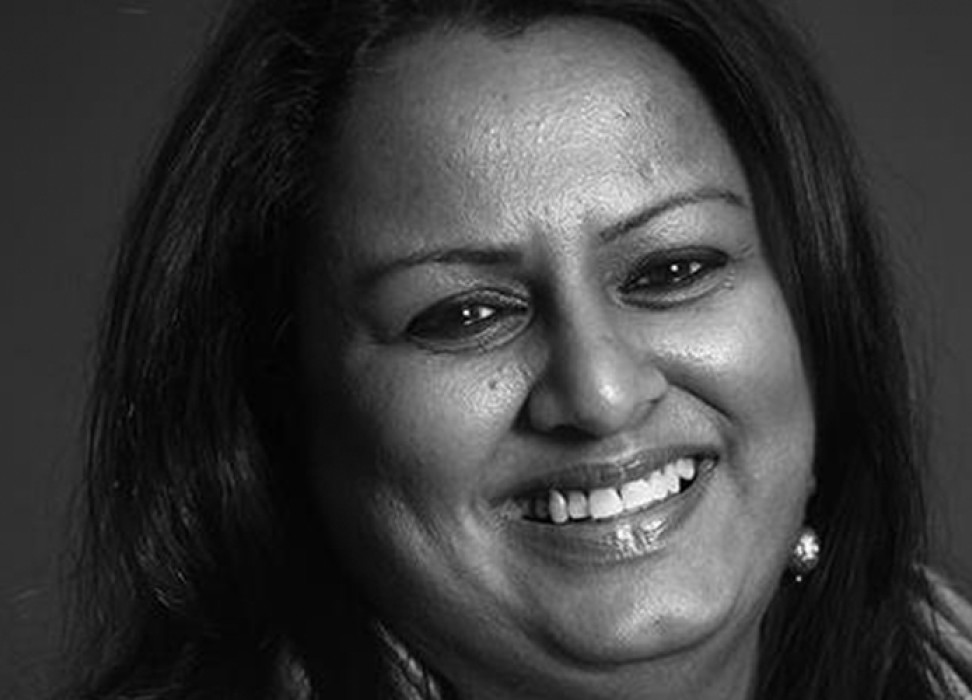
For centuries, the Dalit minority in South Asia have faced discrimination, marginalisation, stigma and violence. Beena Pallical is the General Secretary of the National Campaign on Dalit Human Rights in India. She dedicates her life’s work to fighting for Dalit rights.
As a member of the Dalit minority in India, Beena Pallical knows the meaning of descent-based discrimination.
The Dalit, commonly known as the ‘untouchables’ in India and other South Asian countries, are born into a lifetime of marginalisation, exclusion and human rights violations. They are strictly ‘ranked’ – based on their descent – and are thereby placed at the lowest echelon of society’s classes.
In some countries, descent-based discrimination does not only permeate institutions, social structures and everyday life, it is firmly established under the law.
While Pallical herself came from a family that provided for her needs, including access to education, she says that many of her ‘brothers and sisters from the community’ did not have such good fortune.
Injustice directed at the Dalit causes profound trauma and suffering across generations. Stigma follows an individual from birth until death, affecting all aspects of life from education, housing, work, access to justice and political participation. Women and girls are often victims of sexual violence, trafficking and are especially vulnerable to early and forced marriage, bonded labour and harmful cultural practices.
According to the International Dalit Solidarity Network, there are an estimated 260 million Dalits worldwide. The Dalit live in South Asia (India, Nepal, Bangladesh, Pakistan and Sri Lanka) and in communities who migrated from South Asia across the globe.
Deeply embedded discrimination from birth
“It starts from when they are children,” Pallical says. “They are not allowed to sit at the front of the class, they are not allowed to eat with others, or play with kids from other castes. Very quickly, cliques form, and the Dalit are excluded. They do not know any other way, and their adult life is then deeply impacted.”
With a growing desire to support the challenges facing the Dalit, Pallical left a corporate job to move to Delhi and work with the National Campaign on Dalit Human Rights. She has been doing this work for the past eleven years, and is now the General Secretary.
To bring the issues to the international arena, she has also worked closely with UN Human Rights, other UN agencies and has co-organised events parallel to the
High-level Political Forum, the main UN platform on sustainable development. She recently addressed the UN Forum on Minority Issues.
“I couldn’t be doing anything else in my life right now,” she says. “It gives me a lot of satisfaction, but at the same time it makes me very angry. How can people talk about peace and happiness and religion when they see a young woman pulled out of the field where she is working, and is then raped and killed? We need to be angry, otherwise we won’t get anywhere - we won’t stop this.”
Pervasive violence
Violence against the Dalit is a tragic, daily occurrence. According to the National Crime Records Bureau of India, some 45,935 cases of violence are recorded each year.
“In India, around ten Dalit women are raped each day,” says Pallical. “The perpetrators enjoy total impunity, and have a lot of political support. Because of this, we are unable to break the chain of violence and oppression.”
The National Campaign on Dalit Human Rights works with victims of violence to advocate for justice and compensation from the government, while providing economic and psychological services for families.
Abuse in the online space
Hate speech and discrimination against the Dalit minority is another issue of enormous concern for Pallical, and one which she and her organisation are fighting against.
While she acknowledges that the online space has allowed an avenue for marginalised communities to express their views, she says that simultaneously, it has created a dangerous environment for them, where they are vulnerable to abuse from people who are not being held accountable. Many young Dalit women have had to stop using social media out of fear, and because the abuse had reached intolerable levels.
“The people who are committing these acts of abuse do it without any conscience, without taking any responsibility for their actions,” she says.
Pallical and the National Campaign on Dalit Human Rights have been working together with Twitter India to address this rise in hate speech. They are documenting the various abuses and slurs against the Dalit, as well as against other minorities, in order to have the capacity to recognise it and immediately block the perpetrators.
A dream of an equal playing field
For Pallical, if children are given the same opportunities, they have every chance to grow up and flourish. She envisages a day when all children can be on an equal playing field, and be free citizens, deserving of dignity and respect.
She has a list of dreams for a better future for the Dalit people.
“My dream is that every Dalit child has the same opportunity as any other child, so that they can be equal citizens in this country. My dream is that every Dalit woman is respected for the work that she does, and that she is not beaten up and raped, just because she is a Dalit.
My dream is that if I say I’m a Dalit and I’m at the table, I should be respected just like anybody else.”
Disclaimer: the views, information and opinions expressed in this article are those of the persons featured in the story and do not necessarily reflect the official policy or position of the office of the UN High Commissioner for Human Rights.
19 April 2021
